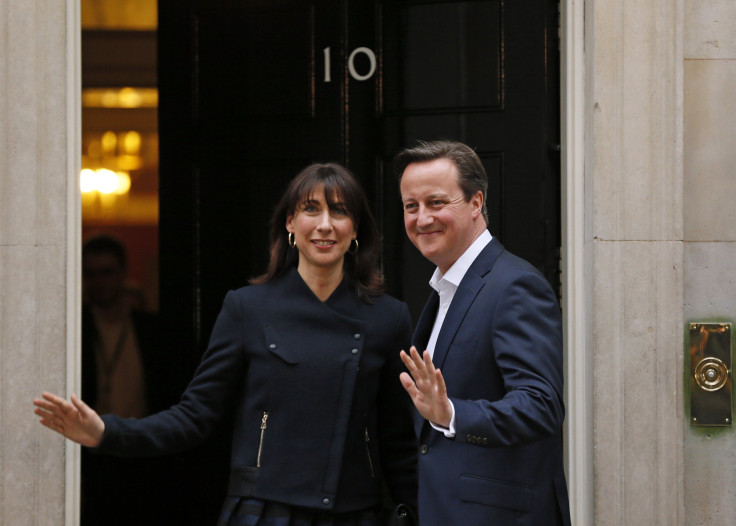UK Elections 2015: What Does Conservative Victory Mean For The European Union And United Kingdom?

The shocking majority victory by the United Kingdom’s Conservative Party Thursday night in national elections means less integration with the European Union and the possibility of Britain leaving the EU in the next two years. David Cameron, the party’s leader, promised a referendum by the end of 2017 to decide whether the U.K. should stay in the organization or walk away from it.
“The EU is too bureaucratic and too undemocratic,” reads the party’s manifesto. The platform also alluded to migrants from other EU countries moving to the U.K. and draining local resources. “It interferes too much in our daily lives, and the scale of migration triggered by new members joining in recent years has had a real impact on local communities.”
A Conservative-led Parliament also means the U.K. won’t be adopting the euro anytime soon. “We will protect our economy from any further integration of the Eurozone. The integration of the Eurozone has raised acute questions for non-Eurozone countries like the United Kingdom,” the manifesto goes on to say.
The party, which unexpectedly appears to have an outright majority in the U.K. elections after many pundits predicted a hung parliament, also wants to reign in more powers from Brussels after taking action to return about 100 powers from the EU. “We want national parliaments to be able to work together to block unwarranted European legislation,” says the manifesto. “And we want an end to our commitment to an 'ever closer union,' as enshrined in the treaty to which every EU country has to sign up. Furthermore, we will continue to ensure that defence policy remains firmly under British national control, maintaining NATO and the trans-Atlantic relationship as the cornerstones of our defence and security policy.”
The Conservatives' position goes against those who want to see more integration between EU member nations. Former Swedish Prime Minister Carl Bildt is of that view, tweeting:
David Cameron aims for "One nation, one United Kingdom" if still PM. Important, but I would have wished he had added One Europe.
- Carl Bildt (@carlbildt) May 8, 2015© Copyright IBTimes 2024. All rights reserved.












